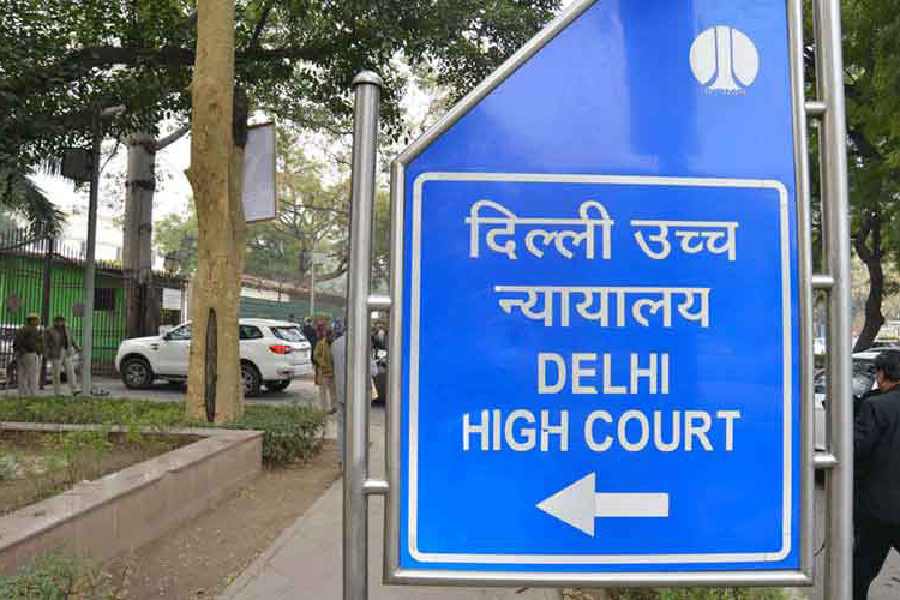The Delhi High Court has asked the city authorities, including the police, to look into the alleged involuntary stay of inmates in a de-addiction centre and asked the authorities to conduct periodic random checks to ensure that there is no forcible detention.
A bench headed by Justice Prathiba M Singh directed random checking of the "admission register" regarding the Mental Healthcare Act to ensure that none of the inpatients stay in the de-addiction centre contrary to their will.
The court passed the order while dealing with a petition by a man who alleged that his friend had been admitted to the de-addiction centre forcibly by his wife and no person was allowed to meet him or be in touch with him.
The petitioner's counsel argued that the centre housed several individuals who were being detained and kept on an involuntary basis.
The counsel for the centre claimed that the petitioner's friend was admitted voluntarily. This position was disputed by the friend who told the court that the signatures of the inpatients were obtained forcibly at the time of admission.
"A certificate of provisional registration as a Mental Health Establishment which has been given to SABRR Foundation with its address at Nangloi, New Delhi has been issued by State Mental Health Authority (SMHA)," said the court in its order passed on August 12.
"Considering the allegation made today, the SMHA along with IHBAS, Delhi Police and the Health Department of Delhi shall look into the allegations made, and conduct periodic random checks to ensure that the inpatients in the SABRR Foundation are not being detained forcibly," said the court in its order passed on August 12," it said.
"The Admission Register shall also be randomly checked in terms of the Mental Healthcare Act, 2017, especially under Section 89 titled 'Admission and treatment of persons with mental illness, with high support needs, in mental health establishment, up to thirty days (supported admission)', which requires the consent of the patient being admitted.
These random checks shall be completed to ensure that none of the inpatients are staying in the de-addiction centre contrary to their will," the bench, also comprising Justice Amit Sharma, said.
Upon conducting inspection and verification steps, the authorities will act in accordance with the law, the court further said.
While the wife alleged that her husband was known for substance abuse and had episodes of violence, the court directed that the husband, who was subsequently discharged, be medically examined by the doctors of the Institute of Human Behaviour and Allied Sciences.
The court noted that according to the medical report, the husband was diagnosed with Bipolar Affective Disorder, and was currently in remission while being on some medication and that he did not require inpatient hospitalisation in a rehabilitation centre.
The court said it was "convinced" that the petitioner's friend would be able to take care of himself but with adequate social support while noting that he intended to move back to Hyderabad and stay with his childhood friend.
Except for the headline, this story has not been edited by The Telegraph Online staff and has been published from a syndicated feed.











